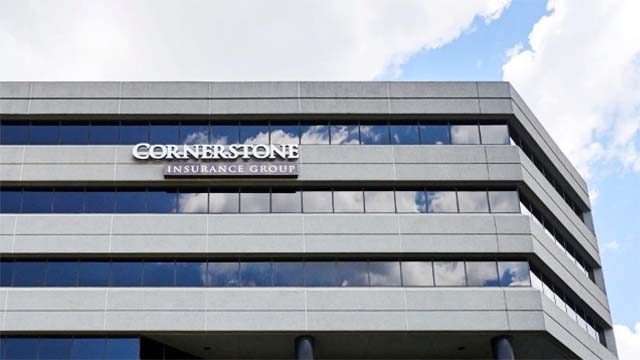Article Summary
- The Nigeria Immigration Service said the forex policy of the CBN is affecting their efforts at procuring booklets for international passports.
- It also cited the country’s inability to set up passport-producing factories in Nigeria as a setback in the quick delivery of passports.
- However, the Service’s claim of booklet scarcity contradicts the recent declaration by the Minister of Interior that the NIS has never experienced booklet scarcity.
The Nigeria Immigration Service (NIS) has blamed the scarcity of international passport booklets on the Central Bank of Nigeria (CBN) policy on forex. The Comptroller-General of the Service, Mr. Idris Jere, said this at a public hearing organised by an ad hoc Committee of the House of Representatives in Abuja.
The NIS claim comes barely a week after the Minister of Interior, Rauf Aregbesola, said that the NIS has never experienced a scarcity of passport booklets. According to him, such a claim is “a lie and an excuse by a few corrupt officials of the service to extort the applicants”.
Contradicting the Minister’s words, the NIS DG said the foreign exchange regulation policy of the government and the CBN’s refusal to grant access to forex for the importation of the passport booklets are causing the scarcity, thereby delaying the process of issuance and renewal of the document.
Challenges facing NIS
Speaking on the factors causing the delay in the issuance and renewal of international passports, the NIS DG said:
- “We generate forex from the sale of passports, but we do not have access to buy the same booklet, and that is a challenge for NIS.
- “The factors responsible for the scarcity of passports include the inability to set up passport-producing factories in Nigeria as its production is done abroad.
- “The major seven components used for producing passports are sold in the international market, and the assemblage and production are done in Malaysia.”
He said that Irris Smart Technology Ltd., the foreign company responsible for producing the passport, had done well given the conditions. He added that the presidential directive to commence the production of passports locally by the Nigerian Security Printing and Minting (NSPM) was a welcome development. He, however, recommended that a proper exit plan be put in place for a smooth handover from Irris Smart Tech to prevent any breach of contract or production process.
Earlier, the Managing Director of Irris Smart Technology Ltd., Mr. Yinker Fisher, said that before the advent of the e-passport system, the Nigerian passport was marred with embarrassing irregularities and inconsistencies under the watch of NSPM. According to him, as a result of lack of capacity, NSPM outsourced the process to three companies, which led to so many irregularities, including passport colour and numbers.
The corruption factor
Meanwhile, the Minister of Interior last week said that the efforts of the NIS at sanitising the process and bringing integrity to passport applications are being sabotaged by a ‘few’ corrupt officials of the NIS.
Explaining why there have been delays in the process of issuing the Nigerian passport, Aregbesola said:
- “One of the challenges facing NIS as regards passport applications are the few corrupt officials of the service who are undermining the efforts of the service at sanitising the process and bringing integrity to passport applications.
- “These unscrupulous people are making the situation difficult by the day; if people do not tolerate them, they will not exist again. They are the ones spreading the rumor that there are no booklets in order to continue to extort the applicants.
- “We did not have a shortage of booklets at any given time; we have enough booklets to meet the needs of the people. There are more than enough booklets in our production schedule.”
He, however, appealed to Nigerians to stop patronising the touts and report any NIS officials manipulating applicants for money.





















